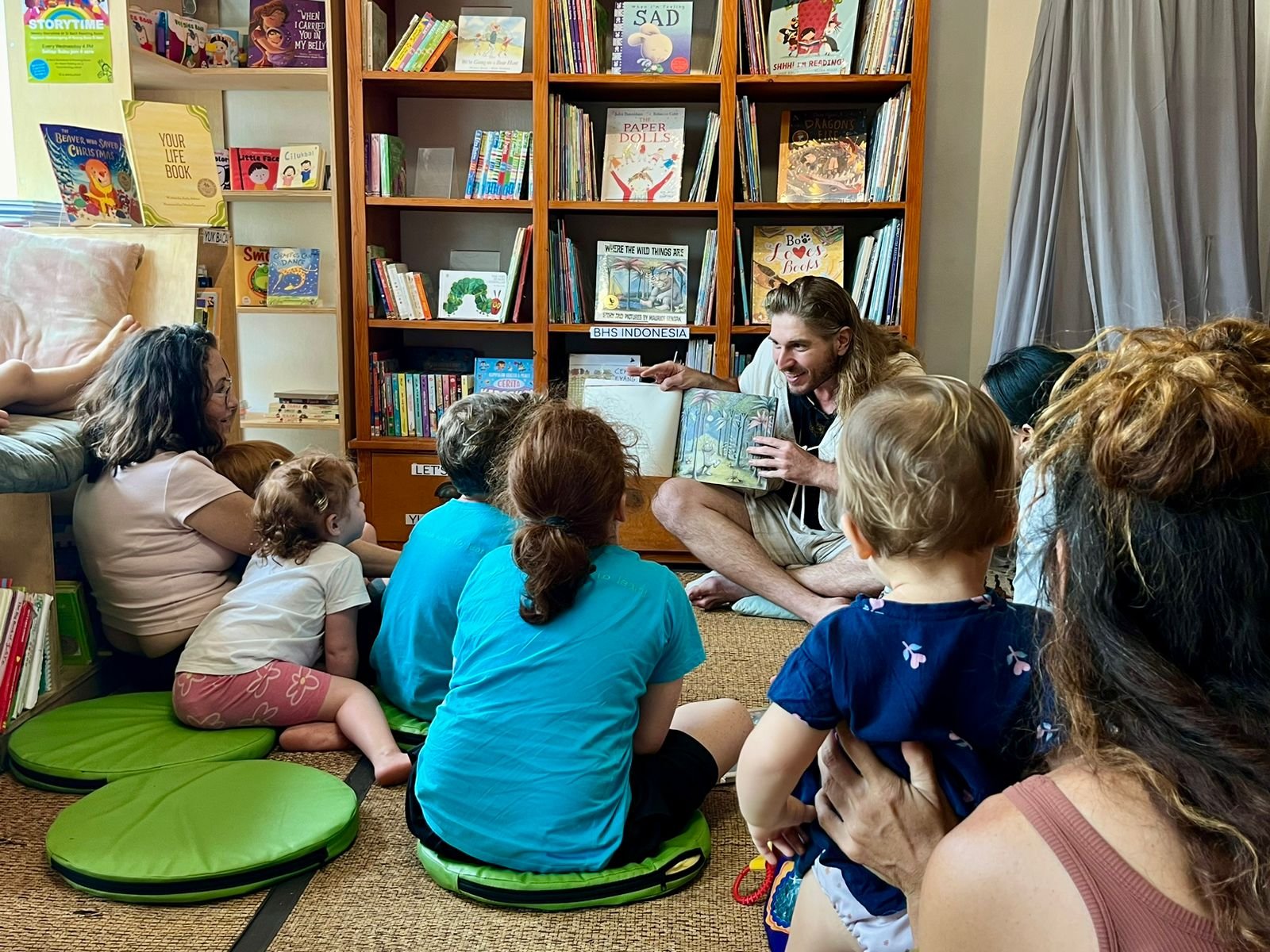
In the beginning was the word…
Or perhaps it was the love of the word.
The foundations of deep literacy are genuine enjoyment of good stories. When parents ask how to prepare their younger students for advanced secondary studies, my recommendation is always to cultivate an intrinsic love of the word.
“Only in silence the word, Only in dark the light, Only in dying life: Bright the hawk's flight on the empty sky.”
-The Creation of Ea (Ursula K. Le Guin)
For Love of Literacy
I’m a true believer in the beauty and value of deep reading and writing. As a young person, I took comfort and strength from the pages of the imaginative fiction in which I hungrily buried myself. These stories have continued to support me throughout my life, both for the power and wisdom within and for the skills in language and focus that I gained in the quiet space of reading and creative writing.
I’ve created this program to support young people in a return to getting lost in the imaginal journey through the pages of a great book while simultaneously developing these essential skills. In addition, our tween students develop high-level writing and communication skills not through artificial English practices and forced essays but rather through the creative joy of learning to write their own stories, inspired by the genre fiction they read.
The intended result is a love of reading, writing, storytelling, and deep discussion of literature built from the ground up. This forms an ideal and holistic foundation for the rigors of higher-level academic studies in the humanities and language arts.
Year 1 A
Month 1.1
How to Eat Fried Worms by Thomas Rockwell
Holes by Louis Sachar
James and the Giant Peach by Roald Dahl
Where the Sidewalk Ends by Shel Silverstein
Month 1.2
The Phantom Tollbooth by Norton Juster
Winnie the Pooh by A.A. Milne
Charlotte’s Web by E.B. White
Wind in the Willows by Kenneth Graham
Year 1 B
Month 1.3:
Call of the Wild by Jack London
Because of Winn-Dixie by Kate DiCamillo
Black Beauty by Anne Sewell
Where the Red Fern Grows by Wilson Rawls
Month 1.4:
Alice in Wonderland by Lewis Caroll
Through the Looking Glass by Lewis Carroll
Peter Pan by J.M. Barrie
Wizard of Oz by L. Frank Baum
Month 1.5:
Dragon’s Blood by Jane Yolen
Dealing with Dragons by Patricia C. Wrede
Jurassic Park by Michael Crighton
Discworld 1 by Terry Pratchett
Year 1 C
Month 1.6: Song of the Lioness Quartet by Tamora Pierce
Month 1.7:
Island of the Blue Dolphins by Scott O’Dell
Bridge to Terabithia by Katherine Paterson
Anne of Green Gables by Lucy Maud Montgomery
The Secret Garden by Frances Hodgson Burnett
Month 1.8: The Chronicles of Prydain by Lloyd Alexander
Months 1.9-1.10: Chronicles of Narnia Books
Year 2 A
Month 2.1:
Redwall by Brian Jacques
The Hobbit by J.R.R. Tolkien
Dragons of Autumn Twilight by Margaret Weis and Tracy Hickman
Dragonflight by Anne McCaffrey
Month 2.2:
The Neverending Story by Michael Ende
The Giver by Lois Lowry
The Princess Bride by William Goldman
Howl’s Moving Castle by Diana Wynne Jones
Year 2 B
Month 2.3:
The Tripods Trilogy by John Christopher
Ender’s Game by Orson Scott Card
Month 2.4:
2001: A Space Odyssey by Arthur C. Clarke
Hitchhiker’s Guide to the Galaxy by Douglas Adams
Animal Farm by George Orwell
Foundation by Isaac Asimov
Month 2.5:
The Gunslinger by Stephen King
Nine Princes in Amber and The Guns of Avalon by Roger Zelazny
Kings Blood Four by Sherri S. Tepper
Titus Groan by Mervyn Peak
Months 2.6-2.7: Harry Potter Series by J.K. Rowling
Year 2 C
Month 2.8:
The Book Thief by Markus Zuzak
All the Light We Cannot See by Anthony Doer
A Monster Calls by Patrick Ness
Life of Pi by Yann Martel
Month 2.9:
American Gods by Neil Gaiman
A Wrinkle in Time by Madeleine L’Engle
The Last Unicorn by Peter S. Beagle
The Golden Compass by Philip Pullman
Month 2.10: Student Individual Reading Plan
+Final Writing Project







